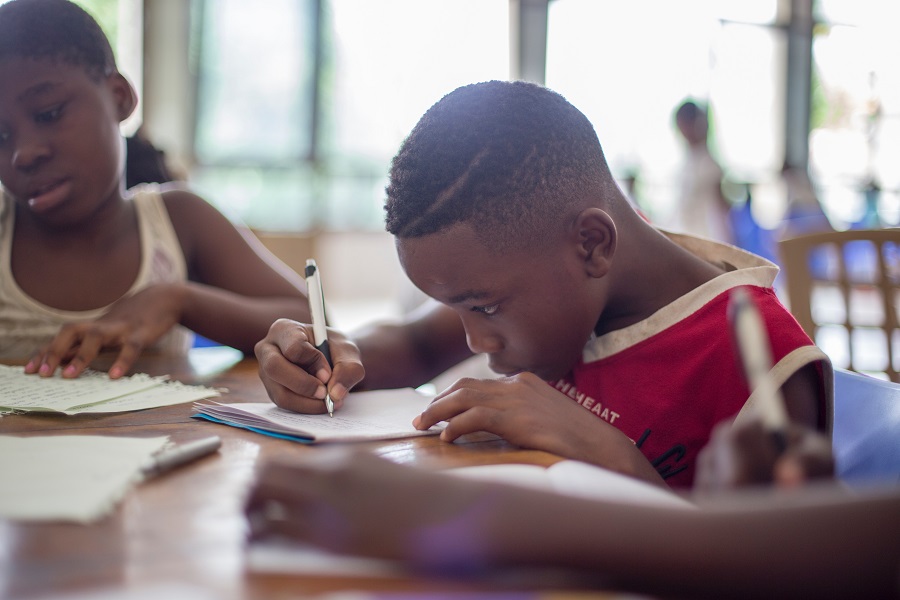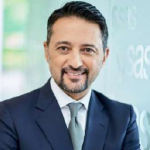How can we teach children and young adults the skills, and particularly the leadership skills, that they need to survive in an AI-driven world? Youth leadership, as most of us understand it, is the practice of empowering teens to take initiative and develop responsibility for themselves and/or others. Most youth leadership development programs focus on giving young people the skills to get involved in society: civic engagement, education and community organizing. They are really all about engaging young people and giving them a stake in society. It is not a surprise to find that many are focused on very disadvantaged groups or communities. Nor that some of the organizations running them – Scouting and Guiding, for example – have been around for many years.
This way of thinking does make sense. After all, as Nelson Mandela said, "The youth of today are the leaders of tomorrow." There is also no question that young people are heavily underrepresented in most democratic institutions. Their turnout for voting tends to be lower than older people, even if they are more likely to be involved in demonstrations. Increasing civic engagement is therefore important, and young people are more likely to follow their peers than advice from their parents’ generation.

Changing world, changing jobs
However, there is another – and to my mind, more important – issue. We know that artificial intelligence is going to change the world, and particularly how we work. One estimate suggests that 65% of children entering primary school now will be doing jobs that do not yet exist. Others suggest that this figure is more likely to be around one-third – but that is still a big proportion. So how can we teach children and young adults the skills to survive in an AI-driven world? The Youth2Leaders program sets out to do just this.
Youth2Leaders
The program provides young adults with an awareness development framework called PIES. This stands for Physical, Intellectual, Emotional and Spiritual, which broadly speaking covers the areas in Maslow’s famous Hierarchy of Needs.
- Physical is all about the body and how to live. It covers nutrition, sleep, fitness and recovery, and how to stay active.
- Intellectual is about the mind and might be summed up as learning. Young people will need to be dedicated and curious: to want to learn, and to have the skills to do so. If there is one thing that we know about the future, it is that change will make learning an essential skill. Skills such as time management, organization and communication provide the building blocks.
- Emotional relates to the heart, or how to love. It enables young people to understand that they are connected and interdependent, that "no man is an island." It helps them to develop their understanding of emotions and emotional intelligence so that they are aware of themselves and others.
- Spiritual relates to the soul, and how to serve others. This encourages young people to understand the importance of having clear values and principles in all that they do.
A practical approach
Across each of these areas, young people are encouraged to assess the situation and identify gaps in their skills and habits. The next step is to fill those gaps, manage and sharpen their skills, and automate their newly developed habits. They can assess each area by rating themselves from 1 to 5 against a series of questions or statements, such as “I exercise regularly” and “I laugh out loud at least once a day.” Taking the average score for each of the four areas and plotting them on a spider chart gives an overall picture of the level of development and possible areas for development.
Young people are also encouraged to think of change as a journey. To get there, you need to start with the end in mind. On the way, you will draw on the fundamentals of your character and beliefs. You may need to change habits to meet your goals. The program also provides practical ideas to encourage young people to develop themselves. For example, one exercise suggests small changes to habits as steps on the way to achieving bigger goals. It also points to the importance of keeping a journal or diary to become more aware of yourself and what is going on in your head.
What the Youth2Leaders (Y2L) program is not is about coding, programming or computers. It is an approach to personal development and learning. Click To TweetAn approach to life
What the Youth2Leaders (Y2L) program is not about is coding, programming or computers. It is an approach to personal development and learning. We do not know what the world will bring, but the Y2L program aims to provide young adults with the skills to manage and excel in it, whatever the challenge may be. If you recognize that there is a group of young people in your community that could benefit from this program, you can contact me at my email Amir Sohrabi. Next time I’m visiting your country, I’ll be happy to provide such training to the youth, as well as a train-the-trainer session. Let’s pass it forward!

